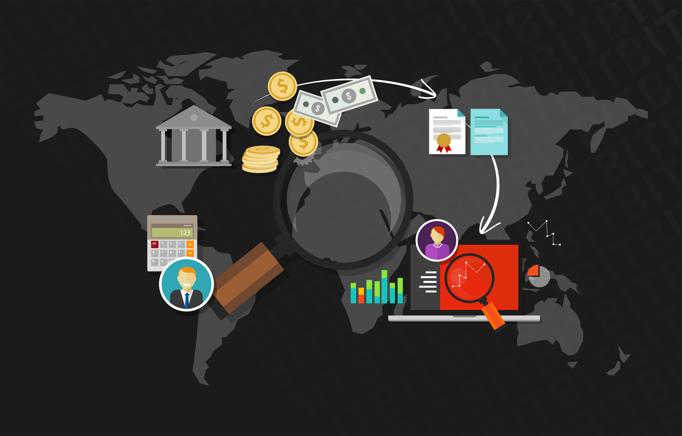What is quantitative easing?
Crypto for Professionals
Other articles
When a central bank decides to utilize quantitative easing, it purchases huge amounts of financial assets such as government and corporate bonds, as well as stocks. This seemingly insignificant decision has far-reaching consequences: When the amount of money in circulation in an economy rises, longer-term interest rates fall. This lowers borrowing costs, resulting in increased economic growth. A central bank aims to lower longer-term market interest rates by purchasing longer-term securities. Compare this to one of central banks' most important tools: interest rate policy, which aims to lower short-term market interest rates. The Federal Reserve tries to affect the short-term rates that banks charge each other for overnight loans when it modifies its federal funds rate target. For decades, the Federal Reserve has utilized interest rate policy to keep credit flowing and the US economy on track.
It became impossible to lower rates further to attract lending when the fed funds rate was reduced to zero during the Great Recession. To keep the economy from freezing up, the Fed used quantitative easing and began buying mortgage-backed securities (MBS) and Treasuries.
Example of how QE works:
- FED buys assets
- New money enters the economy
- Liquidity in the financial system increases
- Interest rates decline even more
- Investors change their investments
- Confidence in the economy increases
While on one hand QE is good for the economy, it also has some negative points to it. Quantitative easing can cause inflation. One example can be QE during Covid pandemic, which supported companies and economies, however it came with a price – one of the biggest inflations around the world. Second negative effect is possibility to create asset bubbles. With QE companies were able to create more profit, expand, etc. which cause the stock market to rise. Usually metaphor is used, that it is a growing bubble which will pop. There have been the same cases with for example Bitcoin, real estate market and similar. So, we can also say that QE can cause income inequality. On one hand it helped companies to earn more, on the other prices or housing went up, which is good for the owners, but bad for tenants or the ones, who are interested into buying some property.
Bottom line is that QE is effective and helped the economies to survive through crisis, however it comes with a price. If it is not stopped at the right time, it can have reverse effect and cause inflation and asset bubbles.


